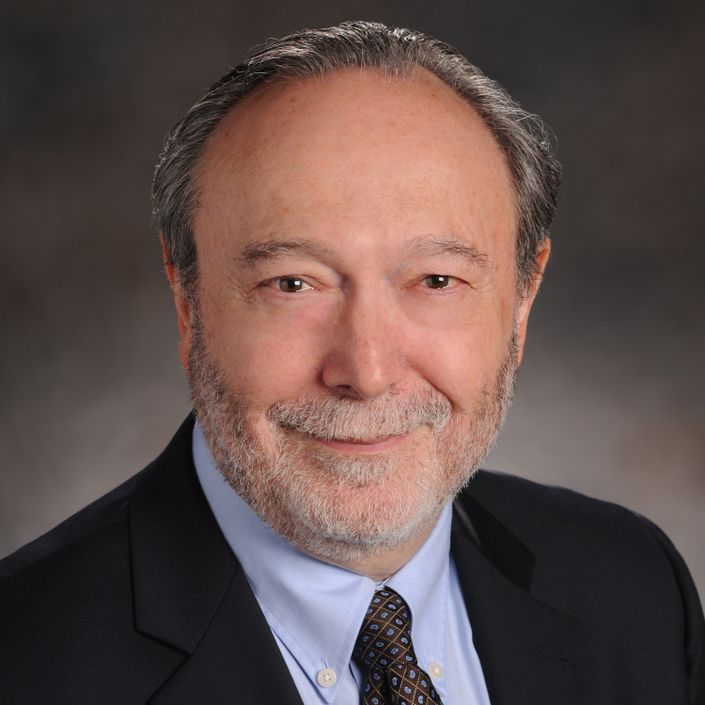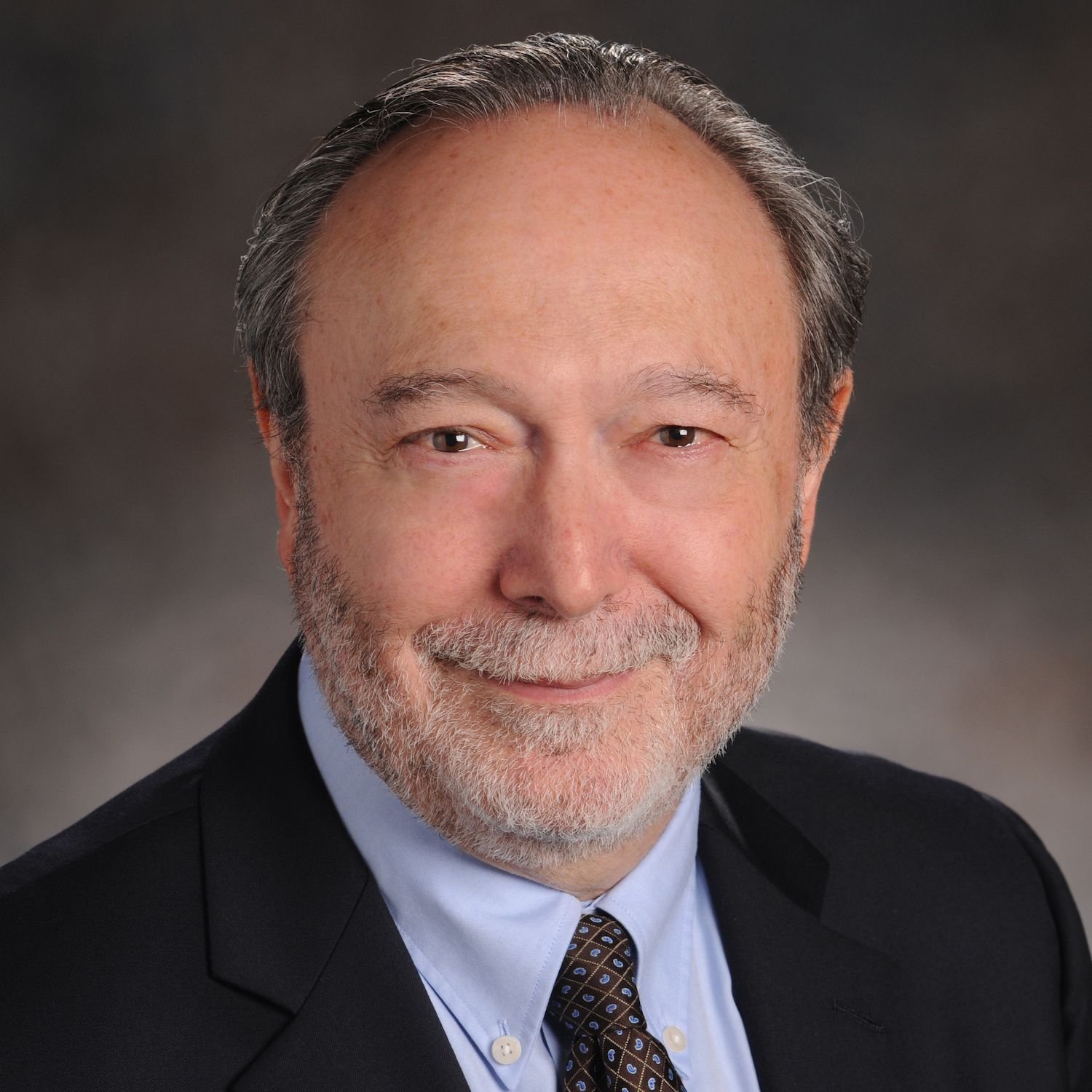
Trauma and Intimacy Through the Lens of the Polyvagal Theory
Understanding the Transformative Power of Feeling Safe
Donate to the USABP and Get This Course As a Thank You!Your Instructor

Stephen W. Porges, Ph.D. is Distinguished University Scientist at Indiana University where he is the founding director of the Traumatic Stress Research Consortium.
He is Professor of Psychiatry at the University of North Carolina, and Professor Emeritus at both the University of Illinois at Chicago and the University of Maryland. He served as president of the Society for Psychophysiological Research and the Federation of Associations in Behavioral & Brain Sciences and is a former recipient of a National Institute of Mental Health Research Scientist Development Award.He has published more than 300 peer-reviewed papers across several disciplines including anesthesiology, biomedical engineering, critical care medicine, ergonomics, exercise physiology, gerontology, neurology, neuroscience, obstetrics, pediatrics, psychiatry, psychology, psychometrics, space medicine, and substance abuse.
In 1994 he proposed the Polyvagal Theory, a theory that links the evolution of the mammalian autonomic nervous system to social behavior and emphasizes the importance of physiological state in the expression of behavioral problems and psychiatric disorders. The theory is leading to innovative treatments based on insights into the mechanisms mediating symptoms observed in several behavioral, psychiatric, and physical disorders.He is the author of The Polyvagal Theory: Neurophysiological foundations of Emotions, Attachment, Communication, and Self-regulation (Norton, 2011), The Pocket Guide to the Polyvagal Theory: The Transformative Power of Feeling Safe, (Norton, 2017) and co-editor of Clinical Applications of the Polyvagal Theory: The Emergence of Polyvagal-Informed Therapies (Norton, 2018).
He is the creator of a music-based intervention, the Safe and Sound Protocol ™ , which currently is used by more than 1400 therapists to improve spontaneous social engagement, to reduce hearing sensitivities, and to improve language processing, state regulation, and spontaneous social engagement.
This workshop will focus on connection, trust and safety
Learning Objectives
1) Participants will increase ability to accurately assess vagal tone of client microexpressions by tracking eye, mouth, and jaw muscle tension and movement, as well as breath and bodily expression, clarifying what Phase of engagement/activation a client is in throughout session.
2) Participants will increase ability to effectively down-regulate clients who are in activated Phase of trauma response via intentionally modulating vocal tone, emotional contact pacing, and use of microexpression to engage and co-regulate clients with relational or other trauma history.
3) Participants will increase ability to accurately assess and intervene on trauma response according to Herman’s Tri-Phasic model of trauma resolution by discerning appropriately-attuned approaches to apply contingent upon client response to overwhelm and soothing
